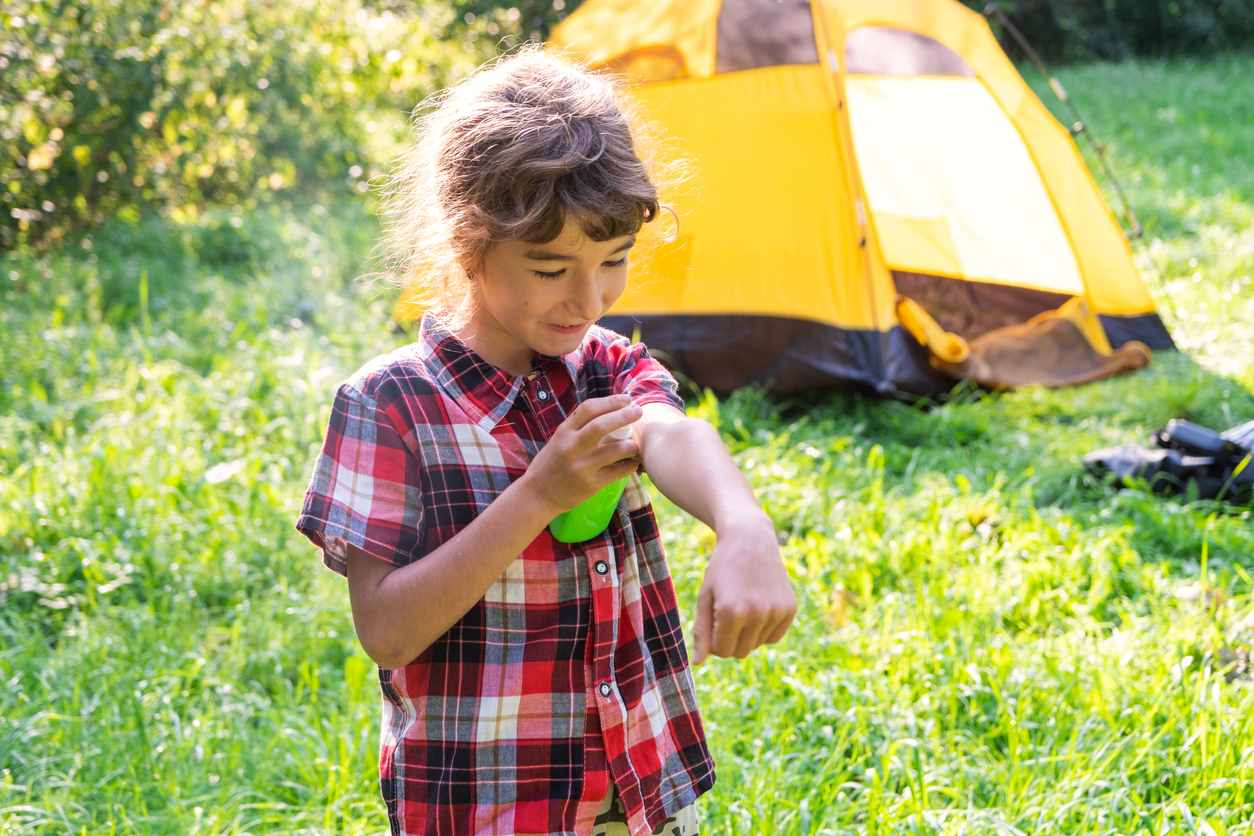The call of the wild beckons, promising nights under a star-studded sky, crackling campfires, and adventures in the great outdoors. Unfortunately, lurking behind this idyllic image is a potential nuisance: bugs. Mosquitoes, gnats, flies, and ticks – these unwelcome guests can quickly turn a peaceful camping trip into a swatting frenzy.
Fear not, nature enthusiasts! This guide will provide practical tips and tricks to minimize bug encounters and create a more enjoyable camping experience. We’ll delve into various strategies for preventing bugs while camping, from campsite selection to effective repellents and clever gear choices.
Setting the Stage: Location, Location, Location
The foundation of a bug-free camping trip starts with a strategic campsite selection. Here are some key factors to consider:
- Elevation Advantage: Mosquitoes and other flying insects tend to decrease in activity with increasing elevation. Opting for campsites at higher altitudes can significantly reduce your exposure.
- Sun Exposure Matters: Open, sunny areas are generally less hospitable to bugs than shady, damp locations. Look for campsites with good sun exposure, as bugs often seek refuge in cool, moist environments.
- Beware of Water: While the sound of a babbling brook might be idyllic, stagnant water sources attract mosquitoes. Choose campsites further away from swamps, ponds, or slow-moving streams.
- Welcome the Wind: A gentle breeze can be your best friend when it comes to bug control. Opt for campsites with good air circulation, as wind discourages flying insects from lingering.
Battling the Buzz: Effective Bug Repellents
Even with a well-chosen campsite, some bug encounters are inevitable. Here’s where a good insect repellent becomes your trusted companion:
- Chemical Solutions: DEET is the most effective insect repellent on the market. However, it’s crucial to follow application instructions carefully, especially when using it with children. Consider picaridin or oil of lemon eucalyptus as an effective alternative with a milder formula.
- Read the Label: Always apply repellent according to the product label instructions. Reapply frequently, especially after sweating or swimming. Consider treating your clothing with a permethrin spray for added protection (never apply permethrin directly to the skin).
Wearables and Gear: Creating a Bug-Free Fortress
Beyond repellents, your camping gear can play a crucial role in keeping bugs at bay:
- Clothing as a Barrier: Long, loose-fitting clothing made from tightly woven fabrics provides a physical barrier against mosquitoes and other biting insects. Opt for light-colored clothing, as dark colors tend to attract more bugs.
- Mesh Matters: Choose a tent with fine mesh netting on the windows and doors. This allows for ventilation while keeping bugs outside. Consider using a bug net over your head while sleeping for additional protection.
- Citronella Power: The citronella plant has a natural insect-repellent quality. Burning citronella candles or torches around your campsite can create a zone of deterrence against mosquitoes and flies. However, the effectiveness of citronella can be limited, especially in windy conditions.
- Pack the Essentials: In addition to proper clothing and bug spray, remember to pack a pair of tweezers, in case of ticks. If you discover a tick that’s latched onto you, a family member, or a pet, remember to grasp it firmly by the head with tweezers before pulling it straight out in a smooth, steady motion.
- Pack a small mesh laundry bag for dirty clothes. Leaving sweaty garments outside your tent attracts insects, and a mesh bag allows for ventilation while keeping bugs out.
Maintaining Campsite Hygiene: Sending Bugs Packing
Creating a clean and organized campsite discourages bugs from taking up residence:
- Proper Food Storage: Store all food items in airtight containers and never leave food scraps lying around. Food scraps and crumbs attract insects and other critters, turning your campsite into a bug buffet.
- Trash Talk: Keep your campsite free of trash. Dispose of garbage properly in designated bins and avoid leaving food wrappers or leftover food unattended.
- Clean Up Spills: Clean up any spills or sugary drinks promptly. Sweet spills are like an open invitation for ants and other crawling insects.
Get Help From the Experts at Dewey Pest and Termite Control
With a little planning, preparation, and the right gear, you can minimize bug encounters and create a more enjoyable camping experience. So pack your bags, grab your insect repellent, and get ready to conquer the critters and embrace the beauty of the great outdoors! Make sure you return to a pest-free home by scheduling a pest control service with the experts at Dewey Pest and Termite Control. Contact us today for a free quote!

